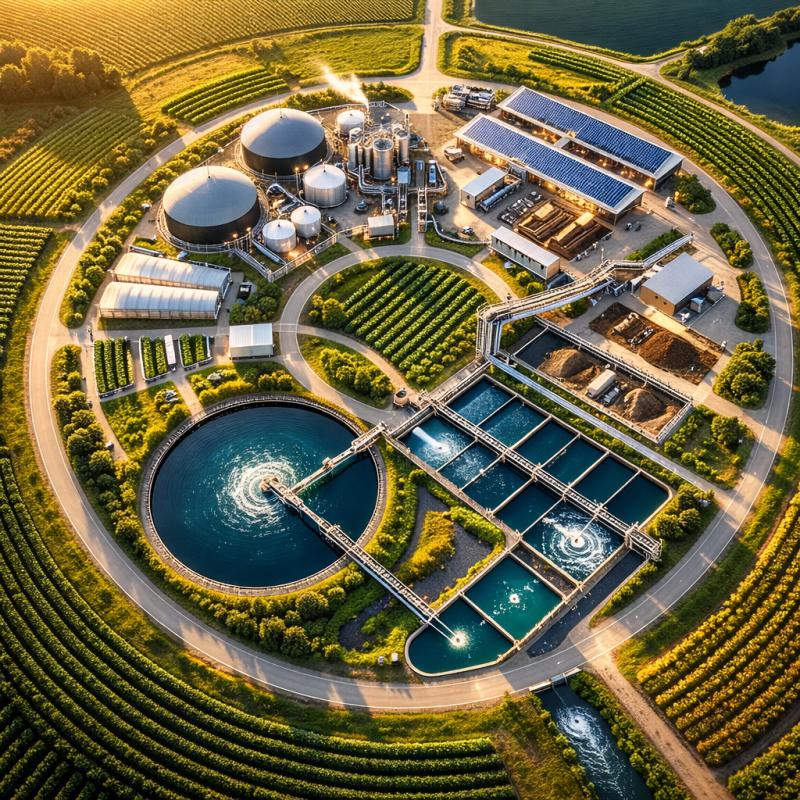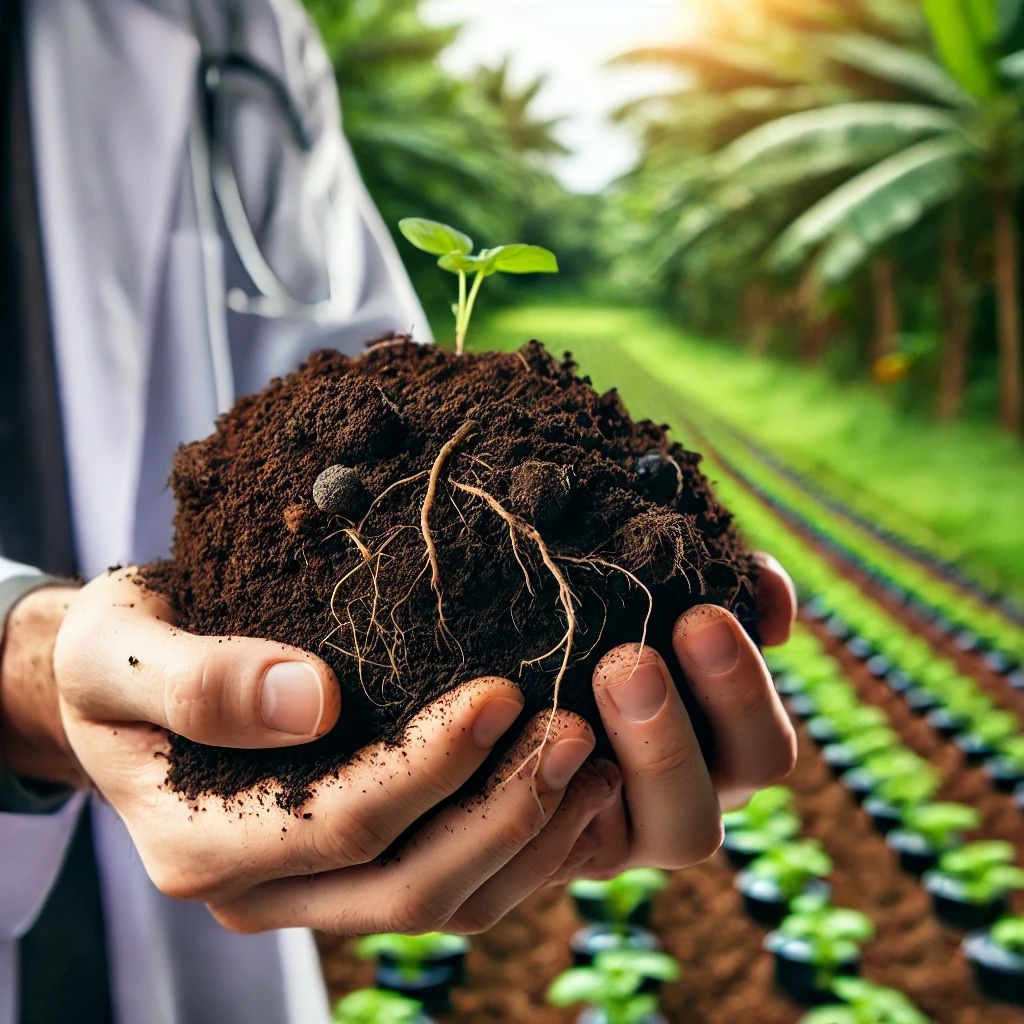Regenerative AgriFood: The Future of Sustainable Food Production
Regenerative AgriFood is revolutionizing the global food industry by combining advanced agricultural technology (AgTech) with regenerative farming practices to create a resilient, sustainable, and highly efficient food system. As the demand for nutrient-dense foods continues to rise, it is essential to adopt farming methods that restore soil health, increase biodiversity, and reduce environmental impact. By implementing smart farming techniques, carbon sequestration strategies, and zero-waste food production systems, we ensure that food production meets both economic and environmental objectives.
At Enviro.Farm Systems Inc., we are committed to pioneering regenerative AgriFood solutions that enhance farm productivity while preserving natural ecosystems. Our approach integrates climate-smart agriculture, precision livestock management, and eco-friendly food processing techniques, all aimed at creating a sustainable food economy. Through strategic innovations, we are not only improving agricultural efficiency but also strengthening local economies and contributing to a healthier planet.
Key Innovations in Regenerative AgriFood
Soil Regeneration & Carbon Sequestration
Healthy soil is the foundation of regenerative agriculture. By utilizing cover cropping, no-till farming, and organic composting techniques, we restore soil structure, improve nutrient density, and enhance microbial activity. These practices not only lead to increased crop yields but also support carbon sequestration, capturing atmospheric carbon and storing it in the soil to mitigate climate change. Regenerative soil management reduces dependency on chemical fertilizers, promotes biodiversity, and strengthens food security.
Zero-Waste Nutrient Recycling
Reducing agricultural waste is critical to building a truly sustainable food system. Our regenerative AgriFood model incorporates cutting-edge waste-to-nutrient conversion processes, ensuring that all byproducts from food production–whether plant-based or livestock-based–are repurposed into biofertilizers, animal feed, or renewable energy. By closing the nutrient loop, we significantly lower operational costs, minimize environmental waste, and improve overall farm efficiency.
Precision Farming & Smart Technology
Advancements in artificial intelligence (AI), IoT (Internet of Things), and data analytics are reshaping modern agriculture. Precision farming technology allows real-time monitoring of soil conditions, weather patterns, and crop health, enabling farmers to make data-driven decisions that maximize yield and minimize resource consumption. Smart irrigation systems, automated nutrient delivery, and AI-driven pest management contribute to sustainable food production while reducing water waste, fertilizer overuse, and chemical runoff.
Regenerative Dairy & Livestock Management
Regenerative AgriFood extends beyond crops to include livestock and dairy production. By integrating rotational grazing, holistic pasture management, and ethical animal husbandry practices, we enhance soil fertility, reduce methane emissions, and optimize feed efficiency. Our innovative dairy and livestock systems prioritize animal welfare while delivering nutrient-rich, high-quality dairy and protein products. Sustainable livestock farming is a crucial component of improving environmental stewardship and reducing agriculture’s carbon footprint.
Eco-Friendly Food Processing & Distribution
From farm to table, sustainable food processing and distribution play a vital role in minimizing the ecological impact of food production. Our approach includes energy-efficient processing techniques, reduced packaging waste, and streamlined supply chain logistics to lower emissions. By integrating localized food systems and farm-to-market strategies, we enhance food traceability, freshness, and overall sustainability. Our closed-loop processing systems ensure that every stage of food production supports regenerative agriculture goals.
At Enviro.Farm Systems Inc., we believe that regenerative AgriFood is the key to a sustainable, profitable, and resilient global food economy. By adopting these innovative practices, we can restore the planet’s ecosystems, enhance agricultural productivity, and provide consumers with healthier, environmentally responsible food choices.
 Nature-Based Investments Become Real When You See How They Make Money
Nature-Based Investments Become Real When You See How They Make Money

